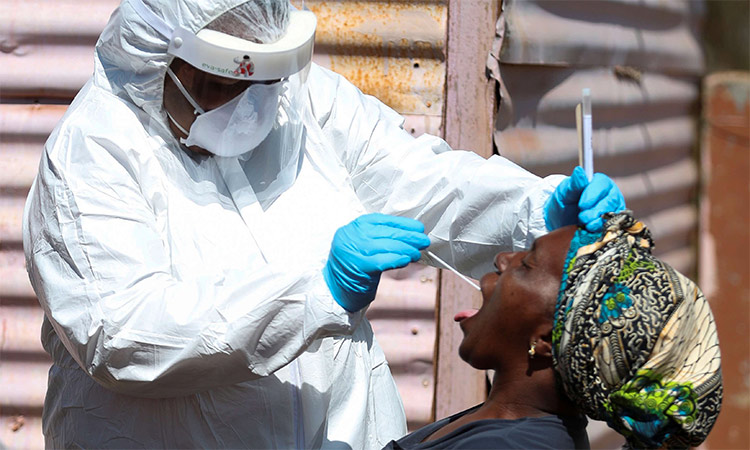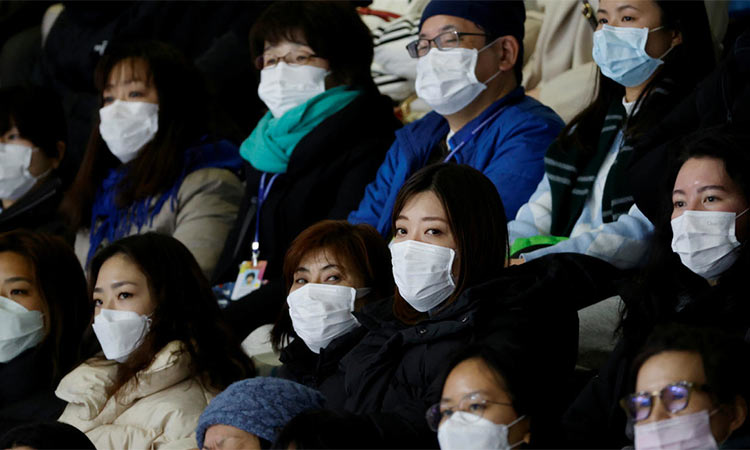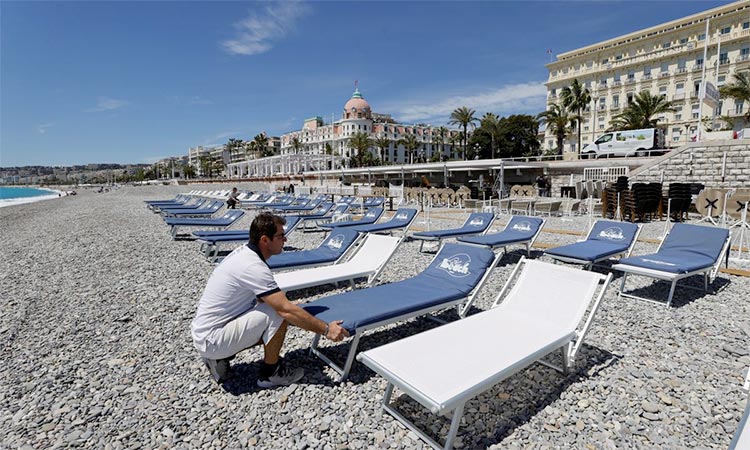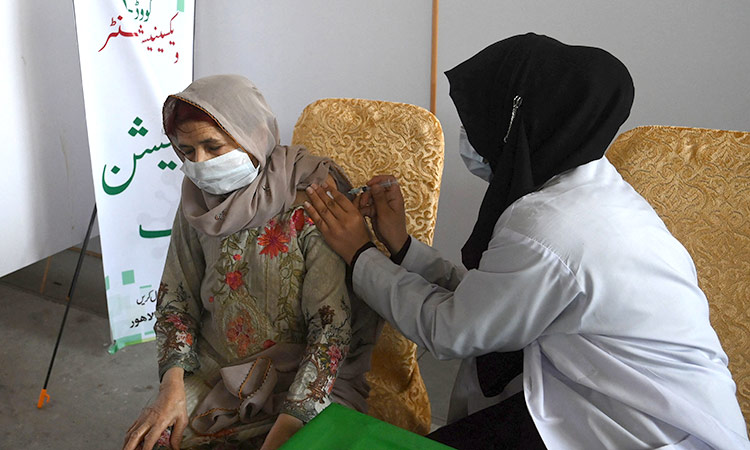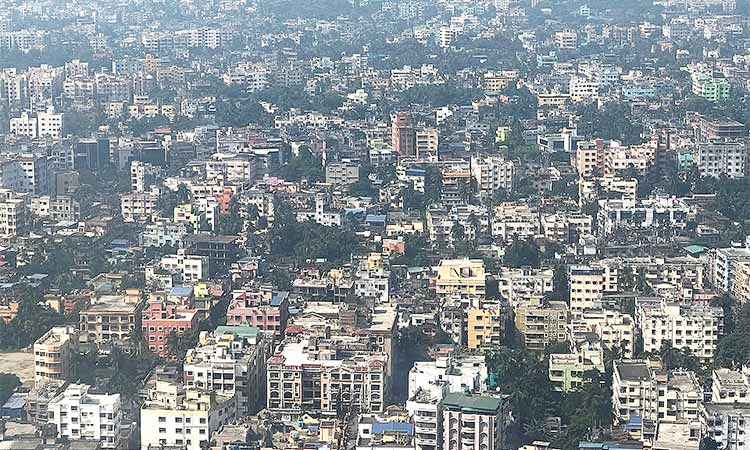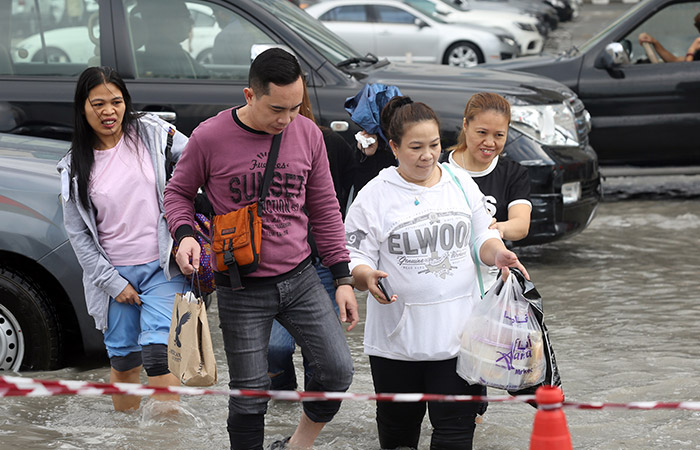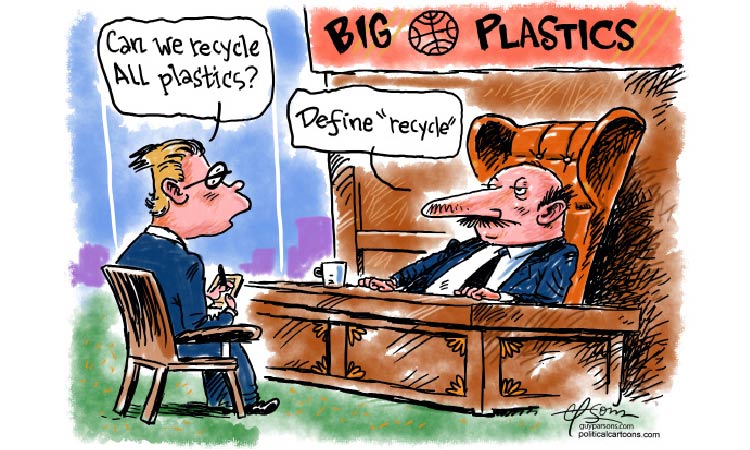Vaccine passports, a step towards herd immunity
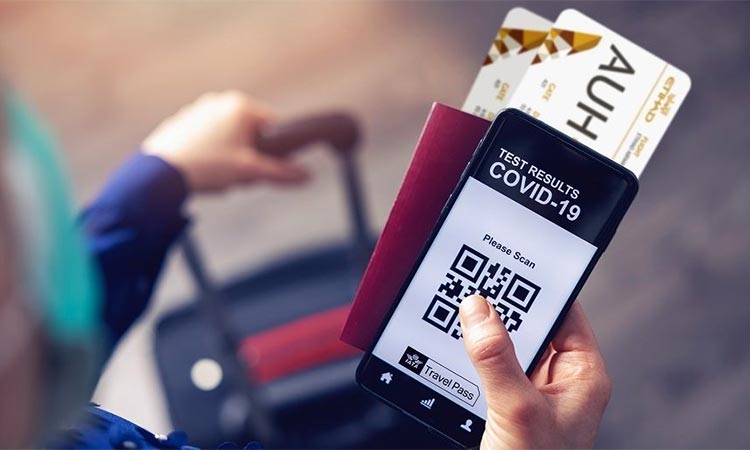
Representational image.
Nicholas Goldberg, Tribune News Service
To hear some people tell it, vaccine passports are just another effort by Democrats, progressives and Satan to take away your freedom, just like when they told you to wear a mask and made you shut down your business.
In a hyperventilating Wall Street Journal op-ed a couple of weeks ago, two medical school professors lit viciously into the idea of vaccine passports, calling them, among other things, “a coercive scheme to encourage vaccination.”
But vaccine passports aren’t coercive. And as for encouraging vaccination, would that be such a bad thing?
The United States will remain at risk until we reach herd immunity, which means we need somewhere between 70% and 85% of Americans to get vaccinated. If protecting themselves isn’t enough to encourage people to get the shot, perhaps changing the incentives will be.
A vaccine passport, for those who haven’t been following this bit of partisan warfare, is an official credential of inoculation. The idea is that once people get their inoculations, the “passports” would grant them access to venues denied to those without them. Airlines, sports stadiums, concert halls, malls, office complexes or schools, for example, might decide to allow only those with vaccine passports. The passports would be digital, for the most part — an app on your phone, say, that you could flash for entry.
Countries from Britain to Israel to Singapore to Aruba are moving toward — or already using — some form of vaccine passports.
I have trouble seeing what’s coercive about them. Vaccines would still be an option, not a mandate. Like a driver’s license. If you want to drive a car, you need to get a license, for safety’s sake. But if you don’t feel like getting a license, that’s OK too — you also have the option of not driving a car.
Similarly, if you want your child to attend public school, you need to prove that he or she has been inoculated. If you’re not willing to have your child be vaccinated for the safety of others, you have the option of home-schooling.
It would be the same with vaccine passports. If you wanted to go back to concert arenas and crowded theaters, you’d get yourself vaxxed and claim your passport. If you preferred to opt out, you could do that.
From the start, the main justification for vaccine passports has been the straightforward one: People who are vaccinated are very unlikely to contract the virus or to infect others. So it makes sense that they should be allowed to fly on planes around the world, go to crowded sporting events and concerts — whereas unvaccinated people are both more vulnerable and more dangerous to others. Passports offer a way of reopening the economy with a minimum of risk.
But I actually find their potential as a “nudge” to get people to do the right thing equally compelling.
An NPR/Marist poll this month found that 1 in 4 Americans said they would reject a COVID-19 vaccine if offered one.
But simply knowing that, without vaccinations, they couldn’t enter their local bar or attend a concert or board an overseas flight might be enough to persuade many hesitant people to get inoculated.
Harvard law professor Cass Sunstein and University of Chicago economist Richard Thaler have long written about this kind of nudge. The two academics, who have a particular interest in behavioural economics, have argued that it is often possible to help people make smart decisions for themselves and society by subtly nudging them in the proper direction. Without heavy-handed mandates, but through “libertarian paternalism,” as Sunstein and Thaler have called it, people can be encouraged, maneuvered or incentivised toward making the best possible choices.
Thaler has called vaccine passports a “perk” for those who have been inoculated.
Vaccine passports would have been wrong when only a small portion of the population had been deemed eligible for vaccination. And they still shouldn’t be required for those under 16, who aren’t eligible, or those with medical conditions prohibiting vaccinations.
I’m not eager to live in a society where some people have privileges that others do not. But if we find we can’t reach herd immunity in the midst of this once-in-a-lifetime crisis because some people aren’t behaving responsibly, vaccine passports could play a crucial role.
